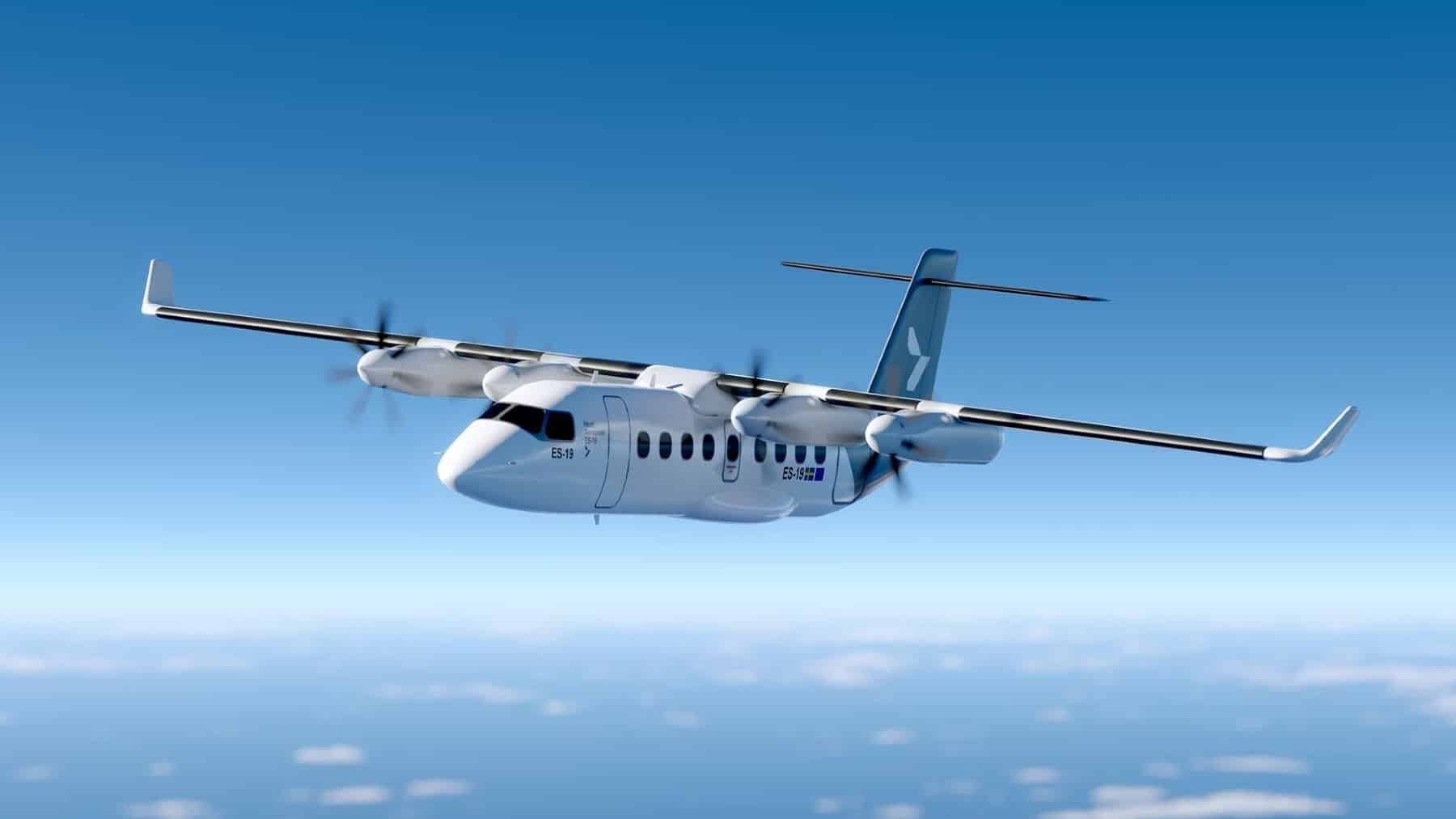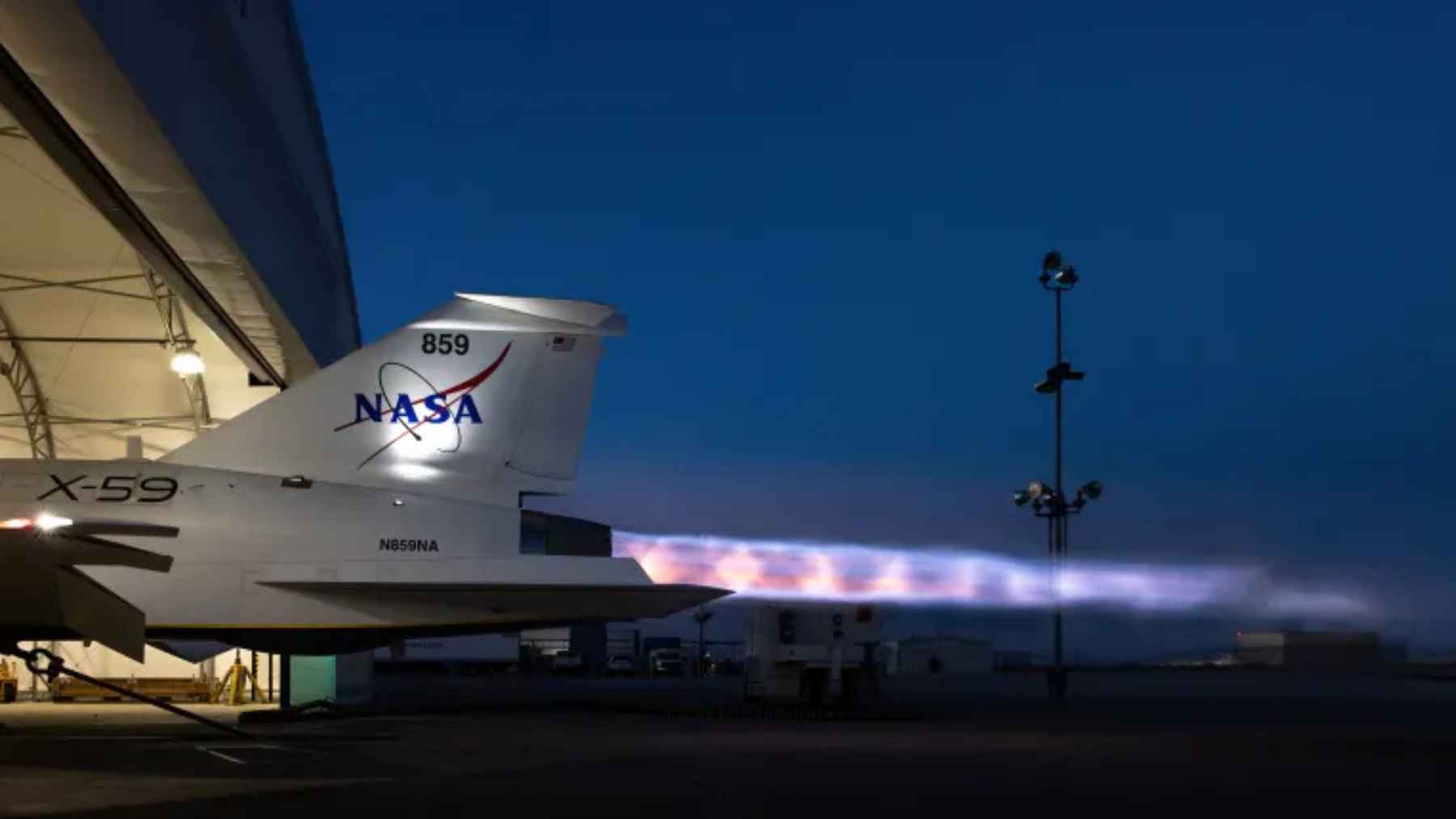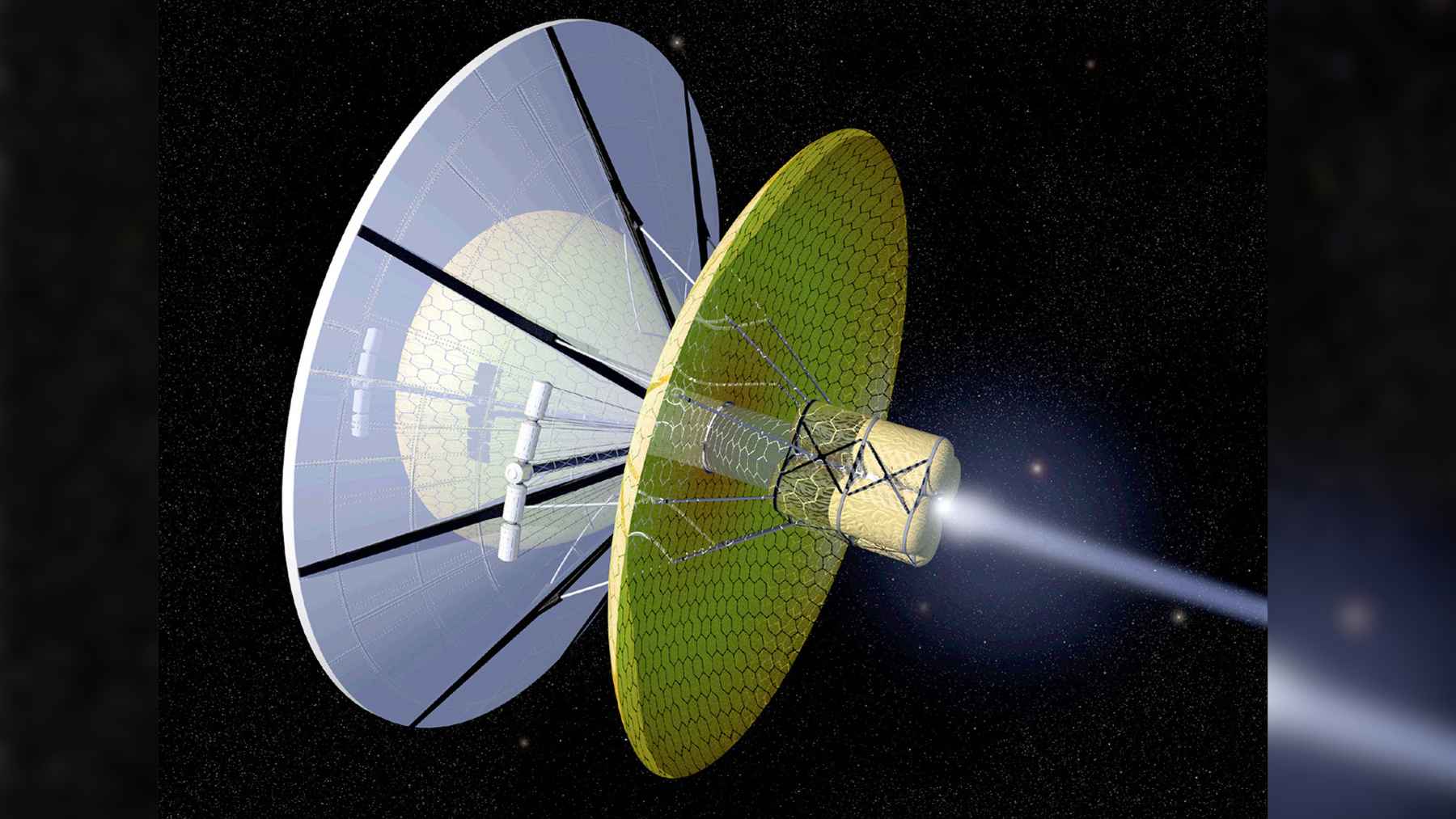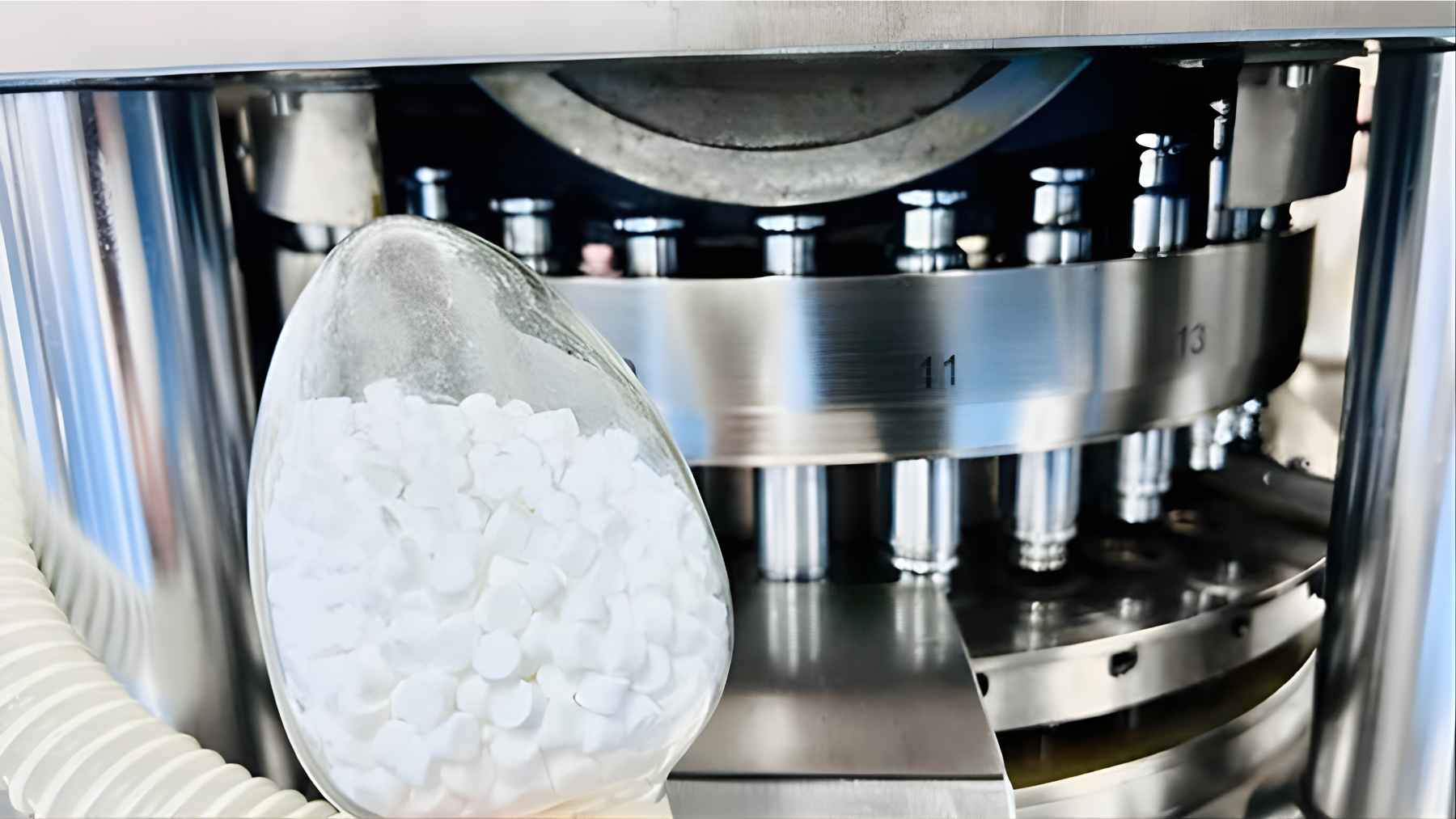In the transportation sector, rapid change is occurring in order to create a more sustainable world, including the development of new technology for airplanes. With the climate crisis being one of the most pressing problems society is facing today, finding ways to give up dependence on fossil fuels has been a point of focus. While passenger vehicles are receiving their fare share of limelight over this problem, the aviation industry is also looking to revolutionize air travel, with the hope that airplanes will no longer be reliant on petroleum based fuels.
The electric engine takes over the roads, and maybe the skies too
In a world which is increasingly grappling with finding sustainable solutions, the automobile industry has set their sights on the electric engine as the future for passenger vehicles. While the internal combustion engine continues to hold the majority stake for engine solutions seen on the road by a large majority, nearly all major automobile companies now offer some type of electrical engine model, with many pledging to go fully electric within the next two decades.
While the electric engine has risen in popularity rapidly over the last ten years in the automobile world, it has not seen as much success in the aviation industry, nor have alternative engine solutions seen much progress in this sector in general. One of the largest contributing factors towards the lack of electrification in the aviation industry is due to the density required for the batteries for the engine using today’s technology. The batteries would essentially be too heavy for a large commercial aircraft to operate.
Goodbye to airplanes as we know them?
While the electrical dream for the aviation industry seems like a long shot, some have not given up hope. Currently, electrical airplanes are limited to mostly prototypes and two-seater airplanes. However, Swedish researchers are pushing to have the world’s first 30-seater electric airplane to be operational by 2030. Currently, electric projects for commercial aircrafts are far behind compared to electric air taxi projects for a small number of passengers.
“Electric aviation is in the starting pits today, but there is still a lot to do for it to take off,” says Hampus Alfredsson, a researcher in sustainable transport at the RISE Institute.
Many alternative engine projects in the aviation industry have been looking at hydrogen solutions to transform the industry. However, Säve Airport in Gothenburg, Sweden is committed to welcoming an operational hybrid electrical commercial airplane by Heart Aerospace, with current technology able to keep the aircraft in flight for 32km, but researchers from the company are committed to expanding this range. The Gotland region in Sweden is also expected to play a significant role in assisting Swedish entrepreneurs, startups, and researchers with this transformation by allowing electrical aircrafts to fly and be tested in the area.
“The development of new regulations and certification processes takes time, and in parallel the airports must invest in ground infrastructure to be able to receive electric aircraft that need to be charged when they land,” says Christoffer Levandowski from Heart Aerospace.
Other startups explore options for the future of airplanes
While some companies like Heart Aerospace have their eyes set on seeing a future where electrical airplanes are to become a reality, others are not as convinced and are exploring alternative routes for a sustainable aviation industry. While hydrogen energy solutions are a promising contender, biofuels are also not being ruled out of the equation.
Researchers at the German Jülich Research Center and RWTH Aachen University based in Aachen, Germany are currently in the process of investigating biofuels to power jet engines made from microalgae. Nearly six million euros have been invested into the project by the German government, and if successful, the fuel could cut emissions in the aviation industry by as much as 90%. However, the process to convert the algae to a fuel source is significantly expensive which may hinder widespread implementation.














